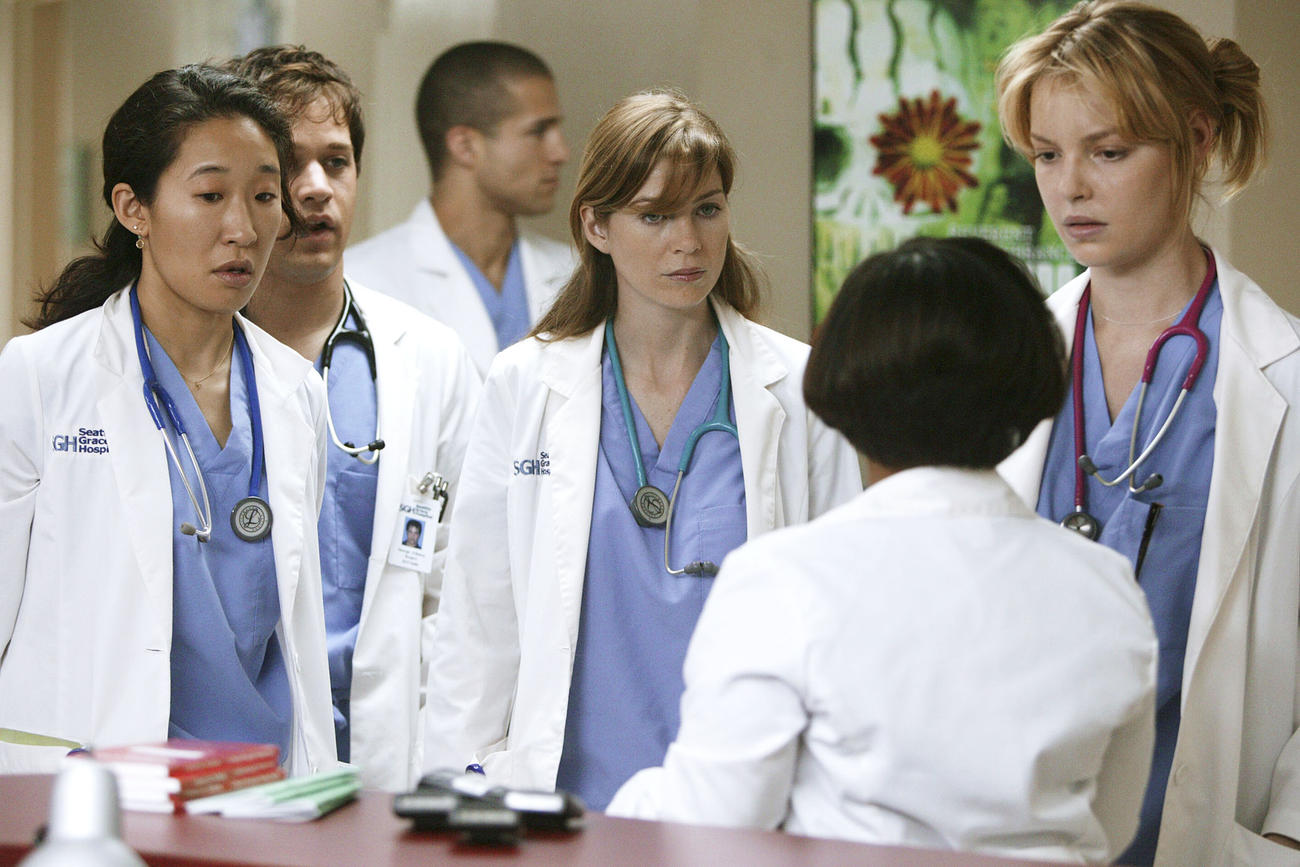How to NOT Shine on Rounds: Part One
- by
- Jul 11, 2018
- Reviewed by: Amy Rontal, MD

Love them or hate them, “rounds” are the quintessential medical school experience. It is during these protracted meetings of the minds that we learn about our patients, their progress towards renewed health, and the entirety of the medical laws and processes that govern their recoveries. Not only do we take time to formulate brilliant, well-articulated plans for our patients, but we psych ourselves up to stand up amongst peers and elders, and deliver a [sometimes not so] polished presentation of the patient to make sure everyone is well-informed.
The process can be an efficient masterpiece. The entire team can be brought up to speed, necessary orders placed, journal articles cited, presentation skills sharpened, all before the noon rush to the cafeteria. But it can also be a never-ending slog of idle chatter, a fruitless search for patients who are off the floor, and a difficult sequestration by angry family members for long bouts of time, derailing any flow you had to your morning.
When starting third year, students often ask about how to shine on rounds. The answer is simple – be a good person who knows everything there is to know about your patients and their progress. Easy.
Despite the simplicity of achieving success, some students find a way to burn bridges and lose trust before they admit their first patient. To the chagrin of their fellow medical students, residents, and attendings, they use what follows as a how-to guide, instead of a how-NOT-to guide. What you are about to read are the top 5 ways to NOT shine on rounds. Avoid them and you will be that much closer to a glowing evaluation.
1. Show up late, coffee in hand
Showing up late is almost always inexcusable. There are circumstances that make it okay (held up in a room caring for a patient), but if it was to catch some extra zzzz’s or chat with friends in the lobby, you are telling your team, “My time is more important than yours.” A lesson to live by – never show up late with a coffee in hand. Unless you brought one for everybody.
2. Instead of presenting the patient, just read your note
The art of a great patient presentation is a difficult thing to describe. It takes a large number of patients, and usually a few rotations, before you develop the keen sense of what information is actually important enough to end up in your note, and what information is worth sharing with the entirety of the team. Don’t tell everyone that your polio is in your differential because the patient’s barber’s wife had a friend who died from polio and told him it could be that. Showing that you haven’t put the story together and instead will just be reading your note, is a sure way to lose everyone’s attention. Know your patient, and be able to tell their story in a way that makes sense and flows.
3. Walk around all day with completed notes, only placing them into the chart before going home
In your formative early years as a student, thoroughness is generally more important than efficiency. When you only have one or two patients to carry, you will be afforded loads of time to polish your note and craft it into a medical masterpiece. Once you do that, share it with the world immediately! There is a good chance that other services caring for the patient might want to know the patient’s plan. Don’t be selfish and keep it to yourself, dropping off the notes at 4:30 PM. As soon as you are satisfied with your work, drop the note in the chart, or sign it if its electronic. Leave no one in suspense.
4. Maximize text messaging to friends
No one wants to see the top of your head on rounds. Sure, you might be reading the UpToDate article on Meniere’s disease, but you might also be incessantly refreshing your cryptocurrency portfolio. Pulling up lab values and renal dosing of medications on your phone is allowable, texting Bobby to say “Rounds are taking 4eva :(“ is not.
5. Don’t know much about your patient
As a student carrying your very own small census of patients, you have all the time and opportunity to know their medical history and HPI inside and out. Your residents and attendings should be able to depend on you to know more about the patient than anyone else on the team. You won’t be held immediately accountable for knowing the algorithm for an incidental finding of a solitary pulmonary nodule. What you will need to know is if the patient had this finding on previous exams, if they have any risk factors for lung cancer, if they’ve smoked and for how long, other cancers they might have been diagnosed with, their family history, etc. At this stage, being able to extract the relevant information from patients is more important than the medical treatment.
That should be enough to get you started. In our next post (Part 2), we will cover 5 more ways to infuriate those around you, skirt by doing the minimum amount of work, and force others to pick up the slack.









